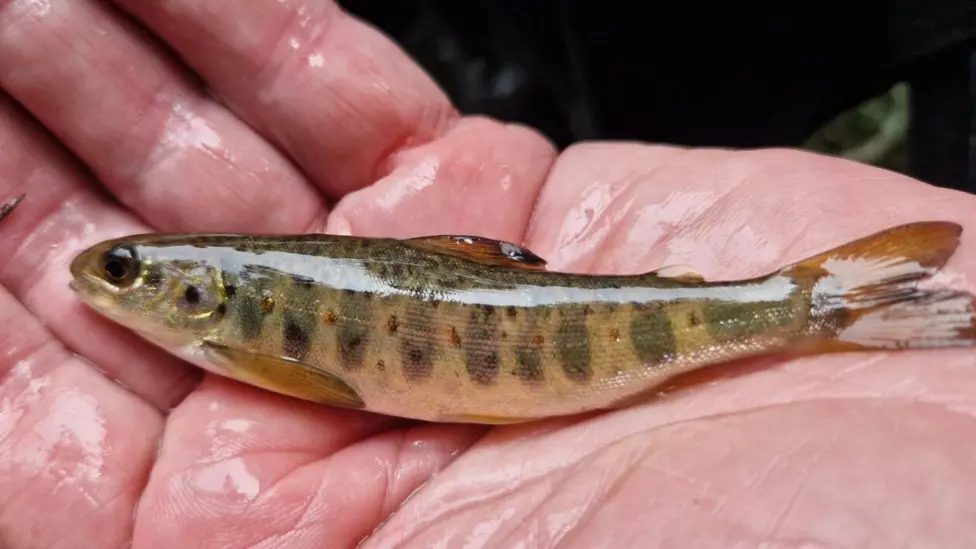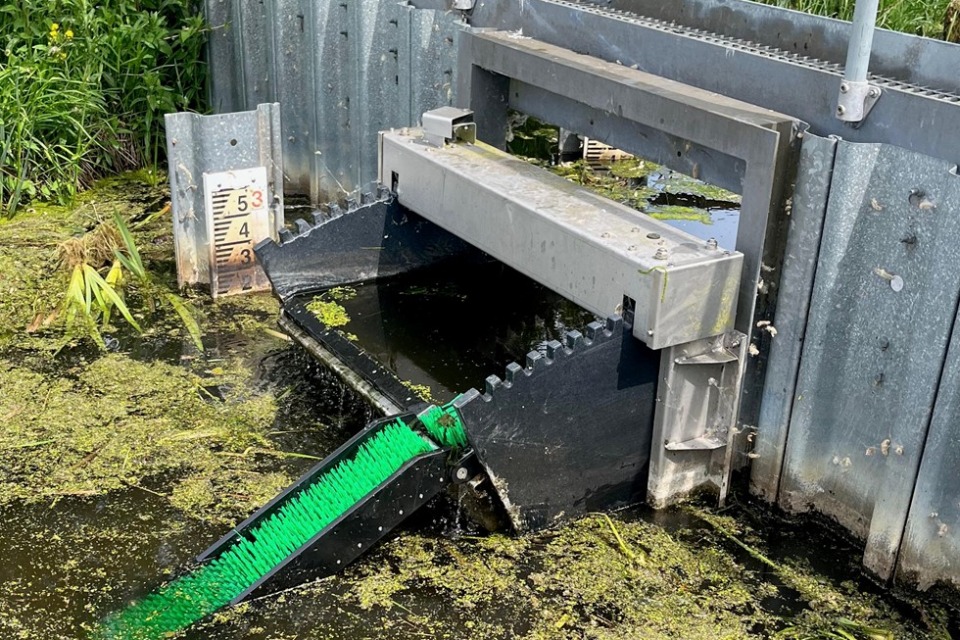There has been growing, concerted effort in giving migrating fish a helping hand up the Sid – including salmon and eels.
In particular, there has been a lot of interest over the last decade or so in creating a fish pass on the River Sid, to enable migrating fish, particularly salmon, to make their way up the waters to their traditional spawning grounds.
The newly-formed River Sid Catchment Group is exploring ways of opening the Sid – for example, “progressing options for technical passage on the super fragmentor (School Weir) and delivering habitat improvements and easements around less formal barriers within the Sid”.
There is also interest in facilitating the passage of eels. Again, from the RSCG website: “The main problem is School Weir which is situated near the mouth of the river and, being one of the largest weirs in the South West, is an absolute barrier to sea trout and salmon migration and a very significant obstacle to eels. The issues in resolving these problems at School Weir are not to be underestimated.”
Meanwhile, the Sid Valley is getting some inspiration to overcome this considerable hurdle from successful projects elsewhere in the British Isles.
This week we have learnt that Atlantic salmon have been found breeding in the River Don for first time in 200 years – as reported by the Don Catchment Rivers Trust based in Sheffield. Here’s a splendid photo of a smolt (juvenile salmon) found during an electrofishing survey of the river Don, which suggests that they are spawning on the river:

As the Trust says: “For over 25 years, fish passes have been installed across the Don to reconnect the river and allow salmon to return. Although adult salmon have been spotted making their way upstream in recent years, no one knew for sure if they were managing to spawn. Now we do.
“The Don used to be ecologically dead — full of pollution and blocked by concrete. Things began to change with the Crimpsall rock ramp in Doncaster, and later, the Masbrough fish pass in Rotherham, which opened in 2020. That final link joined up a whole chain of fish passes built through partnership between charities, government and private organisations.”
Here’s an inspiring video on the Wilder Salmon Pastures from the Trust:
In the meantime in the West Country, eel travel around Somerset has been made easier, where “endangered eels have been given a boost thanks to a project to install a dozen passes to helps them move around the extensive ditch network of the Somerset Levels wetlands”.
Back in May, the Somerset Levels Friends report how fitting eel passes to tiliting weirs “work like ladders and will help eels access and move around the rhyne network”.
Here’s a photo of the eel pass from Friends member Phil Brewin:

With thanks to Ed Dolphin for bringing attention to these stories.
…
